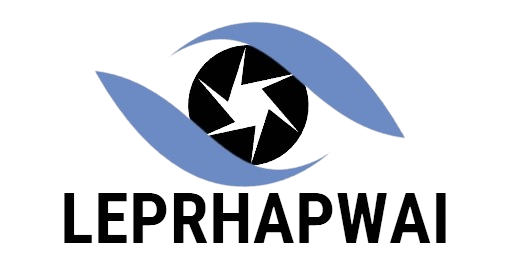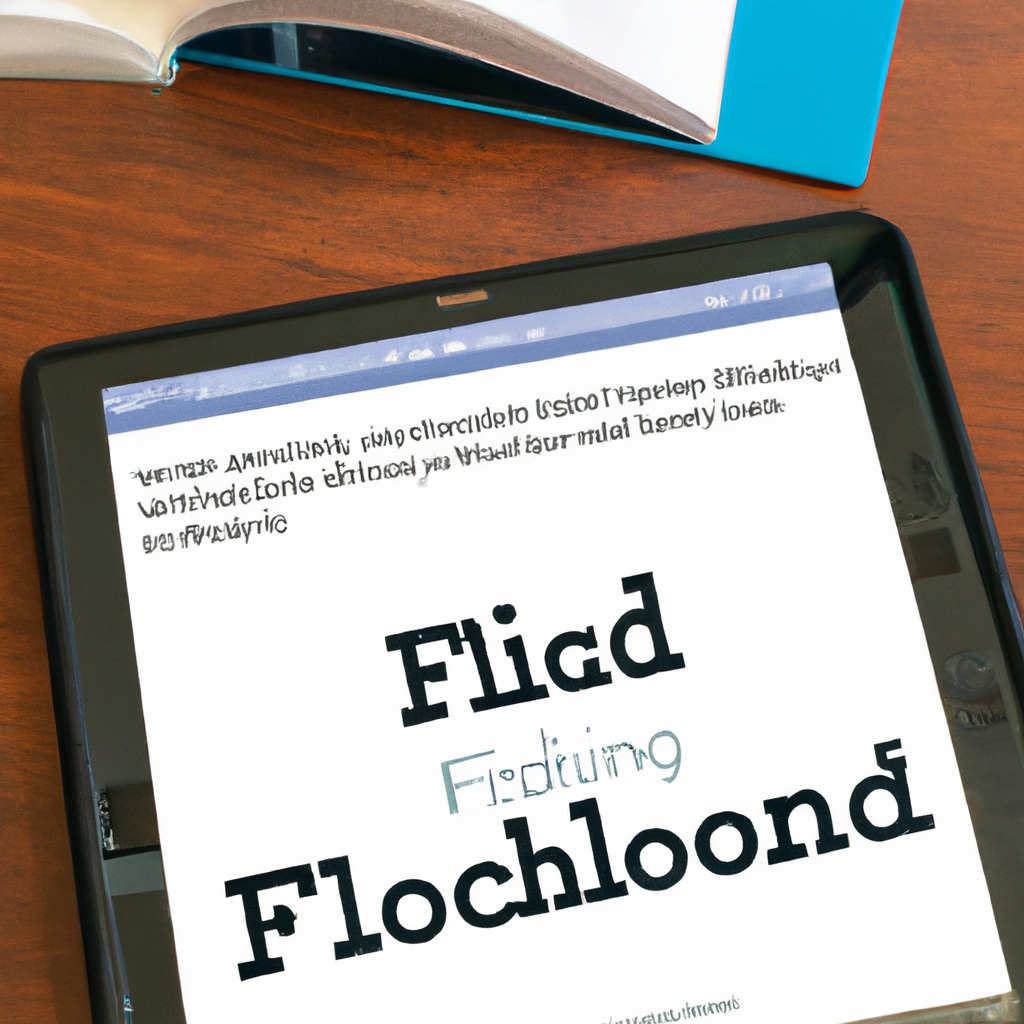Unlocking the enigmatic world of education, where intricate minds unravel knowledge and propel us towards growth, discovering the key to effective learning remains a perpetual quest. As the age-old adage goes, “knowledge is power,” yet the process through which we acquire that power has long perplexed educators, parents, and learners alike. Delving into the depths of this labyrinthine journey, educational psychology offers us a captivating insight into understanding the enigmatic learning process. By deciphering the inner workings of the mind, this awe-inspiring field illuminates the fascinating pathways that lead towards educational triumph. Embark with us on an illuminating expedition, dear reader, as we unearth the profound wisdom hidden within educational psychology – an exploration that promises to revolutionize the way we comprehend learning, shape young minds, and ignite the flames of intellectual curiosity.
1. Unraveling the Secrets of the Mind: Delving Into the Enigmatic Learning Process
Embarking on a voyage through the intricate workings of the mind, we find ourselves captivated by the profound mystery that shrouds the learning process. Like an enigmatic labyrinth, the mind holds countless secrets waiting to be unraveled. As we delve deeper into this vast realm, we uncover a universe of interconnected neural pathways, synaptic connections, and cognitive phenomena, all working harmoniously to facilitate our ability to learn.
One of the most perplexing aspects of the learning process is its remarkable adaptability. We humans possess an innate capacity for acquiring knowledge and skills, constantly evolving and adapting to an ever-changing world. Through intricate networks of neurons, our brain constructs new pathways, forging connections between different regions, and collecting pieces of information to form a coherent whole. This remarkable plasticity is what allows us to adjust to new environments, master new skills, and expand our understanding of the world around us.
The Expansive World of Learning: Key Concepts
- Neuroplasticity: The brain’s ability to reorganize itself by forming new neural connections and modifying existing ones.
- Hebbian Learning: A fundamental principle in neuroscience that states “neurons that fire together wire together,” meaning that when two neurons are repeatedly activated simultaneously, the strength of their connection increases.
- Mirror Neurons: Specialized neurons in the brain that activate when observing others perform an action, allowing us to imitate and learn from the actions of others.
2. Taking a Journey Through the Maze of Education: The Fascinating Insights of Educational Psychology
Educational psychology is a field that delves into the complex and intricate world of teaching and learning. It provides us with a deeper understanding of how students acquire and retain knowledge. By exploring the fascinating insights of educational psychology, we can navigate the labyrinth of education more effectively, unraveling the mysteries that lie within.
One captivating element of educational psychology is the study of learning styles. Research has shown that individuals have unique preferences for how they absorb and process information. Some students are visual learners, relying on charts, diagrams, and images to comprehend concepts. Others are auditory learners, grasping information through hearing and listening to lectures or discussions. Kinesthetic learners, on the other hand, thrive in a hands-on environment and learn best through physical activities. Understanding these different learning styles can enable educators to tailor their teaching methods and materials to suit the diverse needs of their students.
- Impact of motivation: Educational psychology sheds light on the crucial role of motivation in the learning process. It explores various motivational theories, such as intrinsic motivation, extrinsic motivation, and self-determination theory. Understanding how motivation influences students’ engagement and achievement can empower educators to create a stimulating and supportive learning environment.
- Cognitive development: Another captivating aspect studied in educational psychology is cognitive development. This area explores how children think, reason, and problem-solve at different stages of their development. Concepts such as Jean Piaget’s stages of cognitive development offer invaluable insights into a child’s intellectual growth. By grasping these stages, educators can design age-appropriate activities and tasks that best facilitate their students’ cognitive growth.
By unraveling the intricate world of educational psychology, educators can enhance their teaching methods and students can better navigate their educational journey. Embracing the fascinating insights provided by this field paves the way for a more effective and engaging educational experience.
3. Decoding the Code: Unveiling the Intricacies of How We Learn
Understanding how we learn is like deciphering a complex code that shapes our capabilities, behaviors, and knowledge. Unveiling the intricacies behind this process requires a multidimensional exploration, delving into the realms of cognition, psychology, and neuroscience. Let’s embark on this fascinating journey of decoding the code, peeling back the layers of how our minds acquire, retain, and apply information.
In this section, we will uncover the fundamental principles that underpin the learning process. You’ll discover:
- The role of memory in shaping our knowledge base and skills.
- The influence of motivation and mindset on our ability to learn.
- The power of metacognition and self-reflection in enhancing learning outcomes.
- The impact of diverse teaching methodologies and educational environments.
Prepare to unravel the secrets of effective learning strategies, as well as the pitfalls that hinder our progress. Together, we will explore the nuances of how we perceive, encode, store, and retrieve information, shedding light on the remarkable intricacies that govern our intellectual development. Are you ready to uncover the mysteries that lie beneath the surface of our learning journey? Let the decoding begin!
4. Mind over Matter: The Lifelong Pursuit of Understanding the Learning Process
The learning process is a fascinating journey that continues throughout our lives. It involves more than just acquiring knowledge; it is a mental workout that challenges and molds our minds. Understanding how this process works can enhance our ability to learn and grow.
At its core, learning relies on the power of the mind. It is a testament to the incredible potential stored within each of us. Our brains are like sponges, ready to absorb new information and make connections. Here are some key aspects of the learning process:
- Memory: Memory plays a crucial role in learning. It allows us to retain information and recall it when needed. By improving our memory skills, we can enhance our ability to learn and retain new knowledge.
- Critical Thinking: The ability to think critically is essential for effective learning. It involves analyzing information, evaluating different perspectives, and making informed decisions based on evidence. Cultivating critical thinking skills enables us to become better learners and problem solvers.
- Metacognition: Metacognition refers to the awareness and understanding of one’s own thought processes. It involves reflecting on how we learn, identify challenges, and adjust our strategies to optimize learning. Developing metacognitive skills helps us become more efficient and adaptable learners.
- Resilience: Learning is rarely a smooth journey. It often involves setbacks, mistakes, and the need for perseverance. Building resilience allows us to embrace challenges, learn from failures, and bounce back stronger. Resilience is an essential mindset for anyone seeking to understand the learning process.
By exploring these aspects and delving into the multitude of theories on learning, we can gain a deeper appreciation for the intricate workings of our minds. Learning is a lifelong pursuit that invites us to unlock our potentials, broaden our horizons, and continually grow as individuals.
5. Peering Into the Human Mind: A Glimpse into Educational Psychology’s Insights on Learning
Educational psychology offers a fascinating lens through which to explore the intricacies of human learning. By delving into the realm of cognition, motivation, and development, educational psychologists uncover insights that can greatly enhance our understanding of how we learn and grow. Here, we take an enchanting voyage into the depths of the human mind as we unearth powerful principles from educational psychology that have the potential to revolutionize the way we approach education.
1. Learning Styles: Embracing Diversity in Education
At the heart of educational psychology lies the recognition that individuals have unique learning styles. From auditory learners who absorb information best through hearing, to kinesthetic learners who thrive through physical movement, understanding and accommodating these diverse styles can greatly optimize the learning process. By incorporating various teaching strategies that cater to different learning preferences, educators can create inclusive and engaging learning environments. Whether it’s through visual aids, hands-on activities, or group discussions, embracing diversity in education fosters a sense of belonging, encourages creativity, and empowers students to reach their fullest potential.
2. Motivation: Igniting the Flame of Learning
In the realm of educational psychology, motivation is a key factor that ignites the flame of learning. By unraveling the complex interplay between intrinsic and extrinsic motivators, psychologists have uncovered techniques that can unlock a student’s passion for knowledge and drive their desire to excel. Promoting a growth mindset, where effort and resilience are emphasized over innate abilities, can empower students to embrace challenges and persist in the face of setbacks. In addition, fostering a supportive classroom environment and providing students with autonomy and meaningful goals can fuel their intrinsic motivation, leading to deeper engagement and a lifelong love for learning.
As we conclude our exploration into understanding the learning process through the lens of educational psychology, we find ourselves immersed in a world that is both awe-inspiring and complex. Like a tapestry woven with threads of curiosity and cognition, our quest for knowledge has taken us to the depths of the human mind, unraveling age-old mysteries and shedding light on the foundations of learning.
From the pioneering theories of Piaget to the paradigm-shifting discoveries of Vygotsky, our journey has provided us with a panoramic view of the multifaceted nature of learning. We have come to understand that it transcends the confines of traditional classrooms, embracing the notion that education is a lifelong process that extends far beyond the walls of academia.
Through the inquisitive eyes of educational psychologists, we have discovered that learning is not a mere act of information transfer; rather, it is an intricate dance between cognition and context. It is an amalgamation of cultural influences, personal experiences, and the interplay between teacher and learner. Armed with this knowledge, we enter the realm of education equipped with a deeper appreciation for the significance of individual differences and the power of tailored instruction.
Yet, as we delve into the complexities of the learning process, we must remember to embrace the beauty and capability that lies within each aspiring learner. It is crucial to foster an environment that nurtures curiosity, encourages experimentation, and celebrates the intrinsic motivation to explore. By recognizing the unique strengths and weaknesses of each learner, we can unlock their potential, empowering them to become active participants in their own educational journey.
As we bid adieu to this exploration, we are left with a renewed sense of wonder and possibility. We have danced through the labyrinth of educational psychology, marveling at the intricate strategies that yield effective learning outcomes. The learning process, like an elusive puzzle, has unfurled before us – inviting us to unravel its enigmatic secrets.
So, let us venture forth, armed with insights from educational psychology, and embark on a collective quest to revolutionize education. Let us champion inclusive and dynamic classrooms, where the joy of learning permeates every corner and where each student is afforded the opportunity to shine. Only then shall we witness the remarkable transformation of the learning process and the birth of a generation empowered by knowledge, curiosity, and lifelong growth.
Farewell, dear readers, as we close this chapter. May your own educational journey be filled with the wonder and excitement that springs forth from understanding the magnificent intricacies of the learning process. Let us never cease in our pursuit of knowledge, for through it, we shall undoubtedly unlock the infinite potential within ourselves and the world around us.











